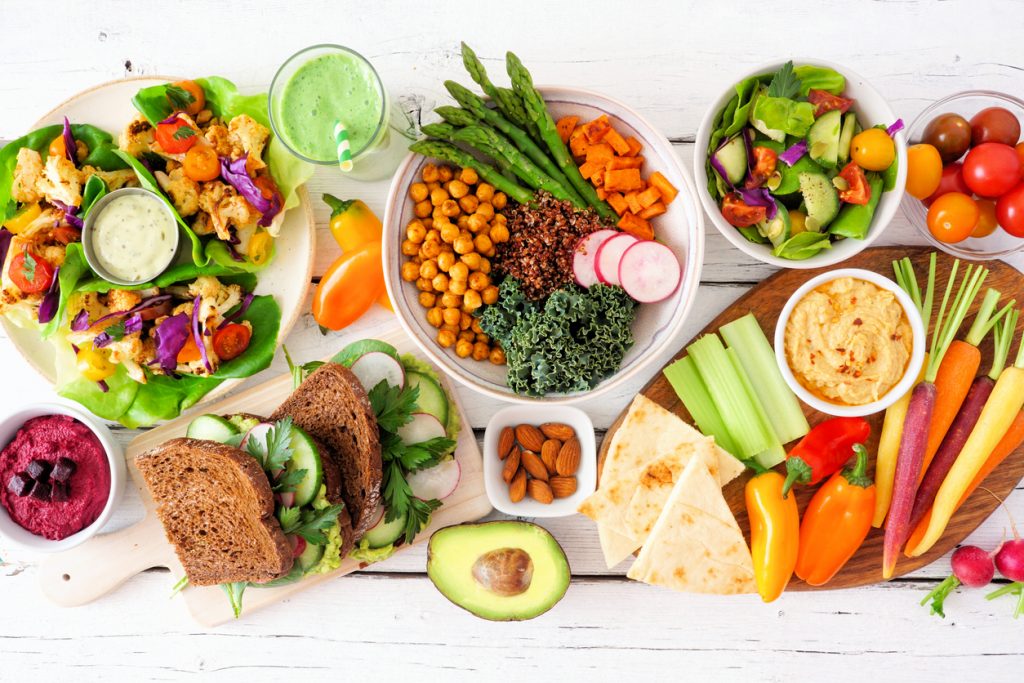The food and drink industry is undergoing significant transformation, and by 2025, it will be defined by four pivotal trends: a renewed focus on essential nutrition, the growing role of food in mental health, adaptations to supply chain disruptions, and the careful integration of technology in food production. These changes will redefine consumer expectations and drive innovation across the sector.
1. Focus on Essential Nutrition
With rising interest in weight-loss medications like Ozempic, consumers are increasingly viewing food as a form of essential medicine. This shift in mindset is influencing brands to streamline their health messaging around core nutrients such as protein, fiber, vitamins, and minerals. The "Fundamentally Nutritious" trend, highlighted in the Mintel 2025 Food and Drink Trends report, signals that consumers are placing more value on foods that directly contribute to their health and wellness goals. Alongside this, growing awareness of blood sugar and hormone health will drive demand for low-glycemic and hormone-supportive products. As consumers become more health-conscious, food brands will need to offer options that align with medical and wellness objectives.
2. Mental Health and Food
The mental health benefits of food are becoming more recognized, with consumers looking for products that support emotional well-being. The "Rule Rebellion" trend reflects a growing willingness to embrace imperfection in food choices, with consumers seeking options that not only nourish the body but also promote mental health. Brands are tapping into this opportunity by offering foods that address previously stigmatized wellness issues, including stress reduction, mood enhancement, and cognitive support. This shift highlights how food can play a critical role in mental health, further broadening the scope of wellness-focused offerings in the market.
3. Adaptation to Supply Chain
Disruptions Ongoing disruptions in the global food supply, due to climate change and geopolitical tensions, have prompted a shift in how ingredients are sourced. The "Chain Reaction" trend forecasts that food brands will increasingly diversify their ingredient sourcing, appealing to consumers who are more conscious of where their food comes from. Locally sourced ingredients, as well as alternatives from regions like Algeria and Peru, are expected to become more common. These ingredients not only provide unique and nuanced flavors but also offer greater resilience against global supply chain issues. Highlighting these benefits will help brands align with consumer preferences for sustainability and transparency.
4. Integration of Technology
In Food Production The "Hybrid Harvests" trend reflects the food industry's growing adoption of advanced technologies to manage supply chain challenges while maintaining a focus on taste and nutrition. The use of AI, robotics, and other technological innovations will help streamline production and improve food quality. However, consumer skepticism around the role of technology in food remains high, and brands are expected to humanize the use of technology by showcasing its benefits to farmers, producers, and the environment. By focusing on the positive impacts of tech, such as enhancing sustainability and improving food production practices, brands can build trust with consumers while driving innovation.
In conclusion, the food and drink industry will undergo significant changes by 2025, with trends in nutrition, mental health, supply chain adaptation, and technology integration playing a central role. Brands that adapt to these shifts will not only meet the evolving needs of consumers but will also position themselves as leaders in an increasingly competitive market.
Read More






 Thursday, 05-02-26
Thursday, 05-02-26







